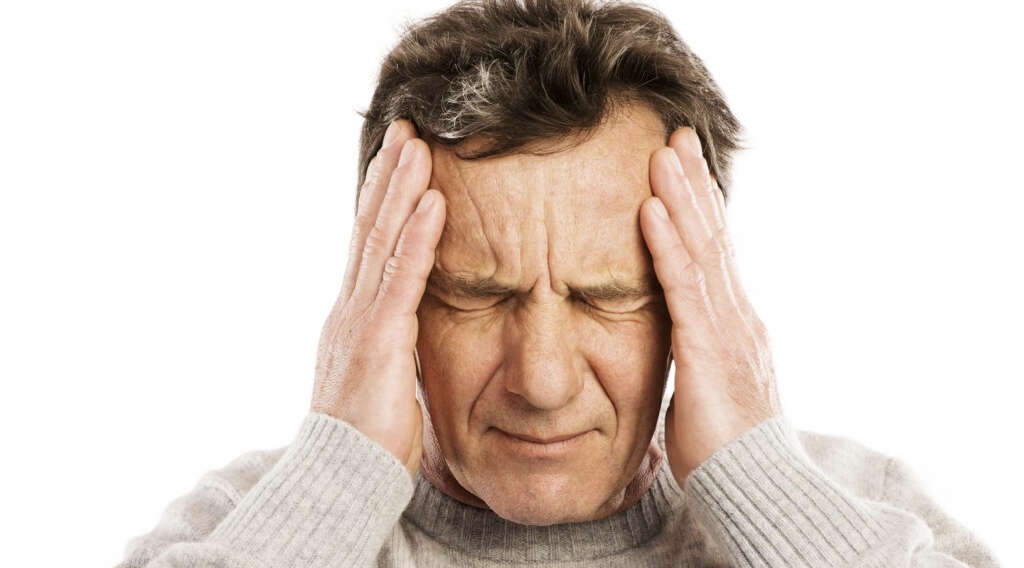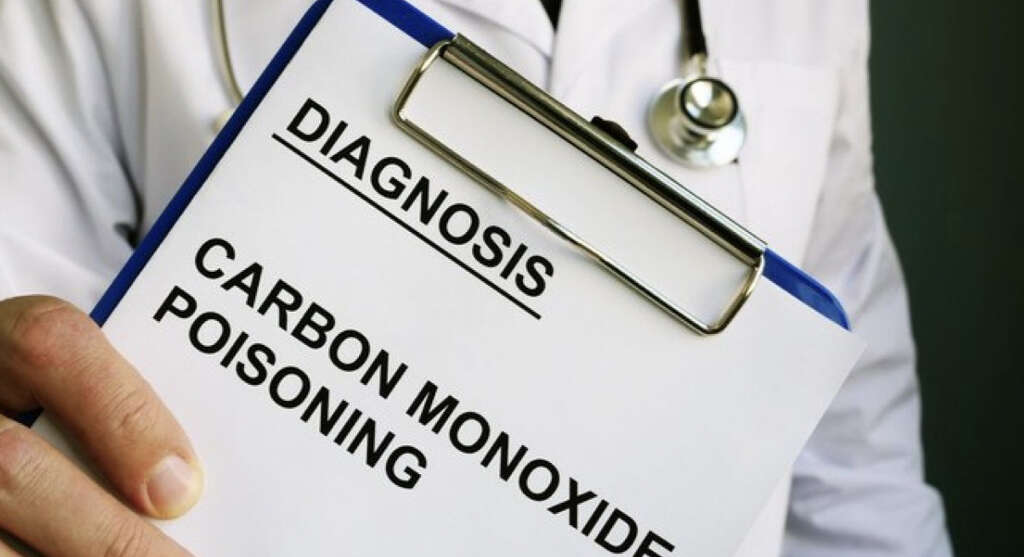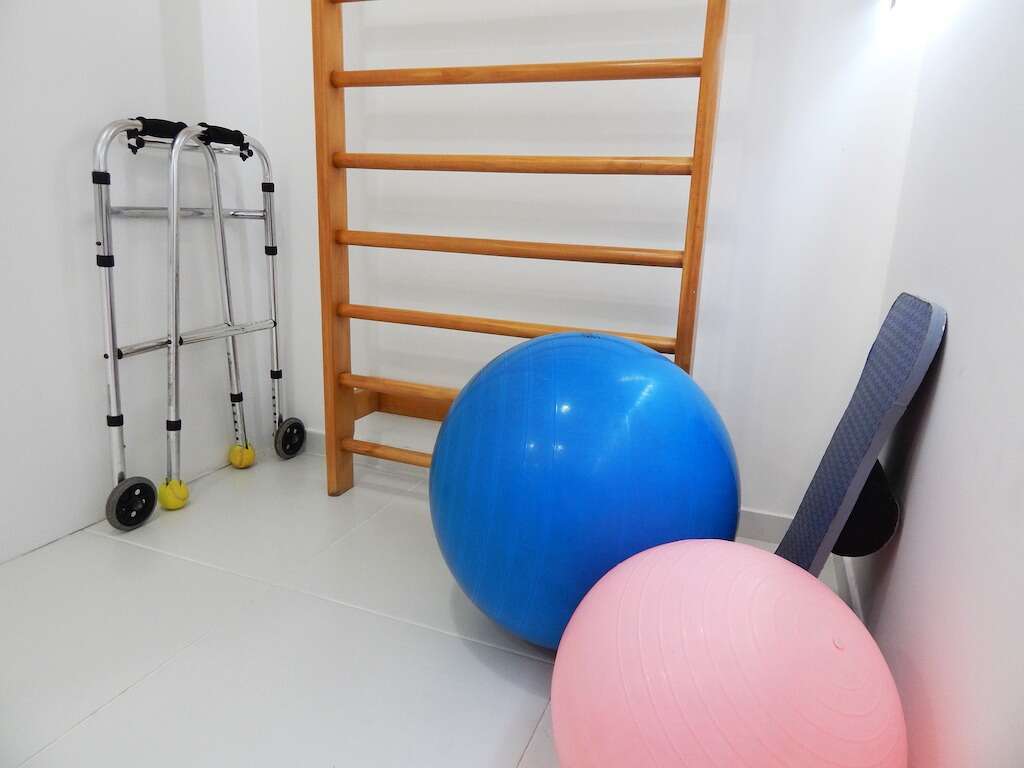What Causes Dizziness?
Dizziness is a very common phenomenon that pretty much all of us will experience at some point. It can be unpleasant, but it is rarely dangerous and will usually pass before long. However, dizziness can be more of a problem for some people, and it can also be caused by potentially serious underlying causes.
Dizziness will usually stem from an issue in our inner ear, which houses the delicate apparatus that helps us to balance. Other potential causes include a lack of oxygen flowing to the brain. Below we take a look at some of the most common reasons why you might be feeling dizzy.

1. Benign Paroxysmal Positional Vertigo
This condition is one of the most common causes of dizziness. It causes the patient to experience dizziness after making sudden head movements such as when sitting up or rolling over. The severity of the dizziness will vary, and it is only a mild inconvenience for many people.
In many causes of benign paroxysmal positional vertigo, the underlying cause is not understood. At other times, the condition is associated with damage to the inner ear that is caused by a disorder or from events like ear surgery. The condition will usually pass in time but surgery will be deemed necessary in some cases.

2. Overheating
Our bodies are fairly effective at helping to regulate our body temperature. We have functions like sweating that allow heat to be taken away from the body, and this enables us to endure some rather warm temperatures. We can still begin to struggle if the weather is too warm for too long, however.
If you are overheating then it can make you feel dizzy. Too much exposure to heat can also cause us to become hydrated as our bodies will lose a lot of water through sweating. Overheating and dehydration are both potentially dangerous and are conditions that should be addressed as soon as possible.

3. Infections
Infections of the inner ear are relatively common, and they can cause some very unpleasant symptoms. Pathogens can affect the workings of the inner and, in addition to symptoms like pain and nausea they can also cause the patient to feel very dizzy. This is particularly the case in vestibular neuritis, which when the vestibular nerve is infected by a virus.
Bacterial infections of the inner ear can also cause dizziness. Regardless of the pathogen involved, severe infections have the potential to cause permanent damage so they should be treated as soon as possible. The symptoms should hopefully clear up once the underlying cause has passed.

4. Migraine
Migraines can be very painful, and some people can be left in agony for long periods at a time. In some instances, they can have a severe negative impact on the patient’s quality of life. Medication will often be able to help alleviate the discomfort, but it is not effective for everybody.
People who experience migraines will also sometimes experience some other symptoms in addition to the pain, one of which is dizziness. These can last from minutes to hours, and they tend to happen when the patient is not experiencing a headache. If you are experiencing extreme headaches or migraines then you should speak with a doctor if you have not done so already.

5. Meniere’s Disease
Meniere’s disease is a condition that is caused by the excess build up in the ear of a fluid known as endolymph. The cause of the condition is not known, but potential factors include viral infections. Genetic factors, autoimmune conditions, and improper drainage. Patients with the condition will sometimes have vertigo attacks that can last for hours.
Other potential symptoms include tinnitus, aural fullness, and hearing loss. Complications are unlikely but the recurring nature of the vertigo attacks can have a severe negative impact on the patient’s quality of life. Medication is available that can help alleviate symptoms, and surgery may be considered in some cases.

6. Poor Circulation
Our brains need a constant supply of oxygen laden blood if they are to keep on running well. If this supply was running short then the brain will struggle to function and we will feel dizzy as a result. This can happen as a result of poor circulation, and this can be down to heart issues, among other things.
Another potential cause is a sudden drop in blood pressure, which would mean insufficient blood is making it to the brain. One of the most common causes for this is orthostatic hypotension, which is something many of us will experience if we stand up too quickly.

7. Medications
Dizziness will also sometimes be caused by medication. Those most likely to cause dizziness are those that are designed to lower the blood pressure. Other potential culprits are sedatives, antidepressants, and anti-seizure medication. If you are experiencing any unexpected symptoms after having taken medication then you should speak with your doctor right away.
Recreational drugs can also cause dizziness if you use too many, and this includes alcohol. If you are feeling dizzy after using drugs or alcohol then you should try and sit down until it passes. If it does not pass, then you should ask a friend to take you home. If you know somebody that appears to be very ill after using drugs or alcohol then consider taking them to an emergency room.

8. Anemia
Anemia is a condition where there are not enough red blood cells in the blood. This, in turn, means that the blood is unable to carry the oxygen that the brain needs, and this can cause us to feel dizzy. The most common reason for anemia is low levels of iron, which is needed for the production of hemoglobin.
Another potential cause is hypoglycemia, which means there is not enough sugar in the patient’s blood. This usually occurs in diabetics who are struggling to regulate their blood sugar levels. Instead of having fairly steady levels of sugar in their blood, diabetics can go troughs and peaks, and it can be dangerous.

9. Carbon Monoxide Poisoning
Carbon monoxide is a fairly common gas and there is often some of it in the air that we are breathing. This is generally OK provided there is not too much, but too much of it can be present if certain fossil fuels are being burned. If this happens, we are in real danger of developing carbon monoxide poisoning.
If there is too much carbon monoxide in the air then the carbon dioxide can replace the oxygen in the blood. This will result in carbon monoxide poisoning, and it can cause some very unwelcome symptoms include dizziness. Carbon monoxide poisoning can be very dangerous, and it is made more dangerous by the fact that the gas has no smell, taste, or color.

10. Neurological Conditions
Neurological conditions are those where the patient’s nervous system is affected, impeding their ability to function properly. The patient can experience symptoms like loss of control over their muscles, changes in personality, and dizziness, to mention just a few. Examples of such conditions include multiple sclerosis and Parkinson’s disease.
Anxiety disorders are conditions where the patient experiences a disproportionate degree of anxiety. The patient can suffer from anxiety throughout much of the day and it can be crippling to the point where they are afraid to leave the home. Anxiety disorders can cause a number of other unwelcome symptoms, including dizziness.












